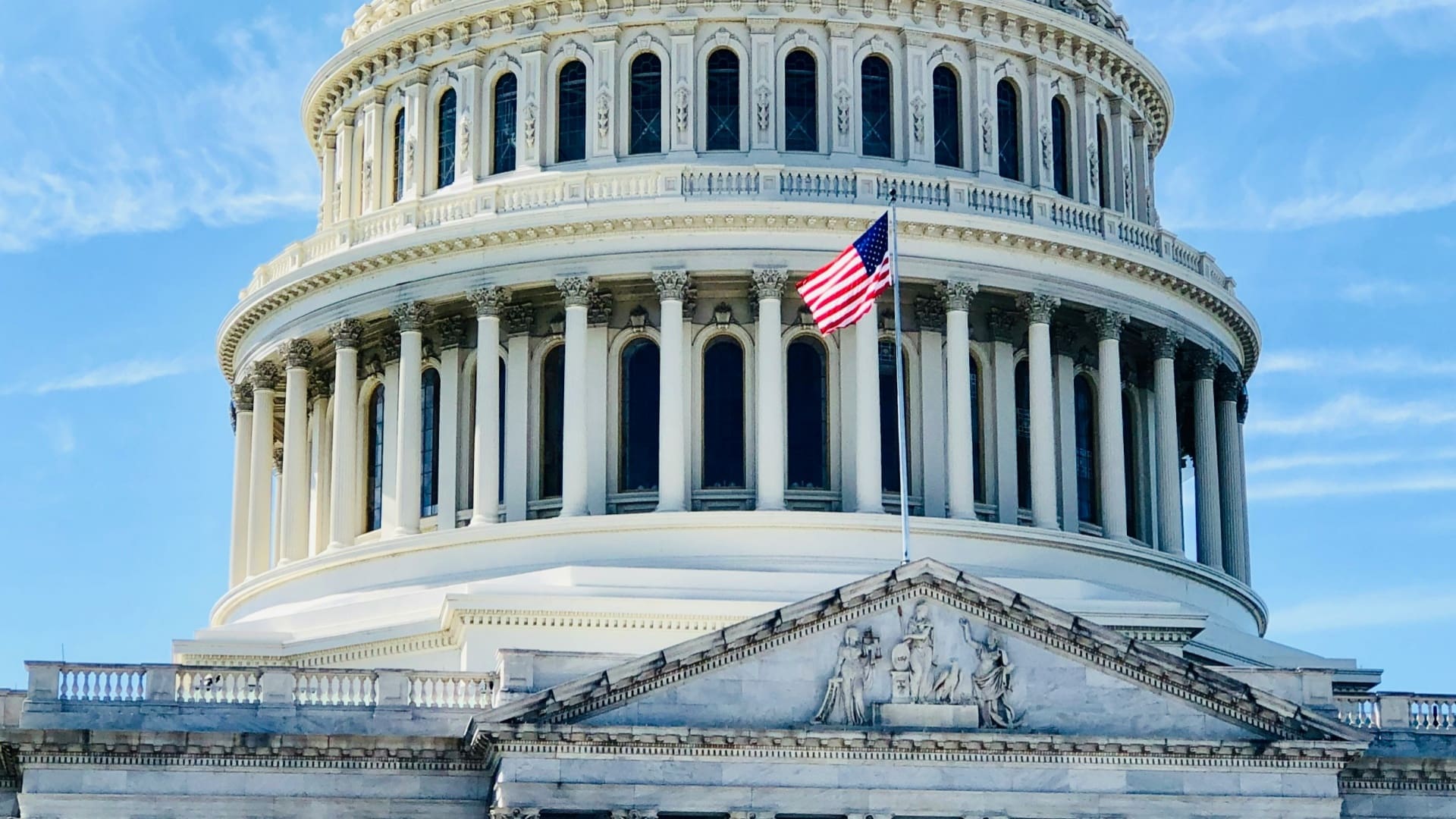- The US House of Representatives narrowly passed a budget bill this week that features several onerous elements.
- Among them is a ban for any State attempting to enforce regulatory AI-related laws for the next 10 years.
- If the bill passes into law, it would effectively give big tech firms to operate with carte blanche regarding AI.
The United States government and US-based big tech firms have made no secret of their desire to lead the world when it comes to the development of AI. While there is still regulation in place to ensure that big tech firms do not operate unfettered, that may soon change following the narrow passing of a budget bill which contains several onerous elements.
H.R.1 or the One Big Beautiful Bill Act, was passed on Thursday this week, and includes cuts to healthcare, tax breaks for mega earners, and a 10-year ban on any State attempting to enforce AI laws.
If signed into law, it would allow the US federal government to stop any State from enforcing any of its artificial intelligence regulations. It would also represent one of the most sweeping laws for the federal government on technology policy to date, experts posit.
Given how narrowly the bill passed the House of Representatives, some are hopeful that it will not fare well when it comes up in the US Senate.
“Speaking to the states and their actions, I do want to mention that Tennessee passed the ELVIS Act, which is like our first generation of the NO FAKES Act. And we certainly know that, in Tennessee, we need those protections, and until we pass something that is federally preemptive, we can’t call for a moratorium on those things,” noted Sen. Marsha Blackburn, per Tech Policy Press.
“Make no mistake, the families who have come to this committee and begged for us to act won’t benefit from this proposal. But you know who will? The Big Tech CEOs who are sitting behind Donald Trump at his inauguration,” added Rep. Lori Trahan in a subcommittee hearing.
Those arguing in favour of the bill, are leaning on the argument that current regulation regarding artificial intelligence is simply too disparate and difficult to enforce from State to State. “A patchwork of various state laws is not good for innovation, for business or consumers, and that is what we’re trying to avoid,” Rep. Russ Fulcher stated.
While laws could be described as a “patchwork”, proposing a decade-long ban could prove more dangerous, however, especially given the pace at which AI has developed and evolved in recent years.
[Image – Photo by Ajay Parthasarathy on Unsplash]

